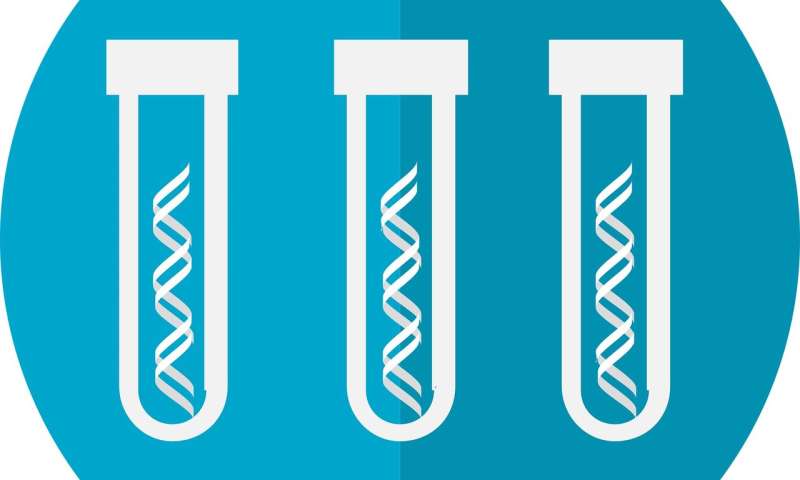In sickness and wealth—how UK tests for coronavirus


If you are in the UK and worried about contracting the coronavirus, it appears for peace of mind about your health, it truly pays to be wealthy.
Newspaper headlines in the past few days have focused on celebrities or sporting stars such as actor Idris Elba or Arsenal football manager Mikel Arteta saying they have been tested—and tested positive—for the virus.
A private Harley Street clinic said on Wednesday that it has been “inundated” from worried people prepared to pay £375 (405 euros, $440)for a test to see if they have the virus or not.
But poor or rich, unknown or famous, the coronavirus strikes without distinction.
And the fact that so many high-profile people have been able to get a test comes as debate rages across Britain about why tests are not being made more freely available to the general population and especially to frontline health staff.
Test, test, test?
The state-run National Health Service (NHS) does not systematically test all patients, despite recommendations of the World Health Organization, which urges “to test, test, test”.
Patients in the UK with mild symptoms are, for now, told to isolate themselves at home.
But for those fortunate enough to afford a coronavirus test, there is another option.
“We are inundated with requests to provide private tests,” the head of the clinic, Mark Ali, told The Daily Telegraph newspaper.
“People are worried. They want to find some clarity in their lives.”
The clinic’s website confirmed it is charging £375 for a test.
According to the newspaper, more than 2,000 orders have already been placed since the launch of the product at the end of last week, by people whom the NHS has refused to test in particular.
The home test kit is sent within 48 hours to the address provided by the paying customer, who must provide two swabs from the nose and throat and then send them to a laboratory in the north of England.
The results are obtained within three days and “the results are 100 percent reliable”, claims the clinic.
For those who can afford it, this is a way of circumventing the selective tests put in place in the United Kingdom, which have raised questions about the ability of health authorities to closely follow the evolution of the pandemic in Britain, which has left 104 people dead, according to latest figures.
25,000 tests a week
Faced with criticism, Boris Johnson’s government has pledged to increase the number of tests from 5,000 to 10,000 per day “by next week”.
The goal is to reach 25,000 daily tests in hospitals “within four weeks”, the government has stated.
So far, around 56,000 tests have been carried out since the start of the epidemic.
Ministers have also called on companies to work with government to “rapidly” design a test to determine if a healthy person has been exposed to the virus and has obtained immunity.
But the British government maintains its approach is guided by one thing—to save lives.
“Our goal is to preserve lives, protect the most vulnerable and relieve the pressure on our NHS,” said health minister Matt Hancock.
Source: Read Full Article